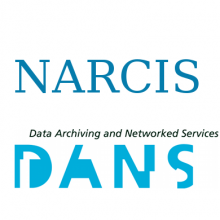Resource information
Contracts are mechanisms for carrying out transactions. Leasing land is a voluntary transaction in which property rights - such as user and income rights - are transferred from landowners to tenants. The bundle of property rights transferred within a lease transaction varies with the type of contractual arrangement. Analysis shows that for the landowner the value of the bundle of property rights to land is determined by the type of lease contract. Landowners prefer lease contracts with as little regulation as possible. Lease regulation can be characterized as a `handbook¿ for concluding lease contracts. However, reducing regulation requires a shift in co-ordination mechanisms from that of the handbook to that of the `invisible hand¿ (prices) and `handshake¿ (e.g., mutual adjustment). Making use of the handshake and price as co-ordination mechanisms implies that the importance of trust and reputation will increase for both tenant and landowner. In 2007, the Dutch government introduced two new types of formal lease that rely less on handbook co-ordination. Whether a more liberalized lease system will lead to a change in the area leased not only depends on landowners but also on tenants, because contracts are two-sided mechanisms.


